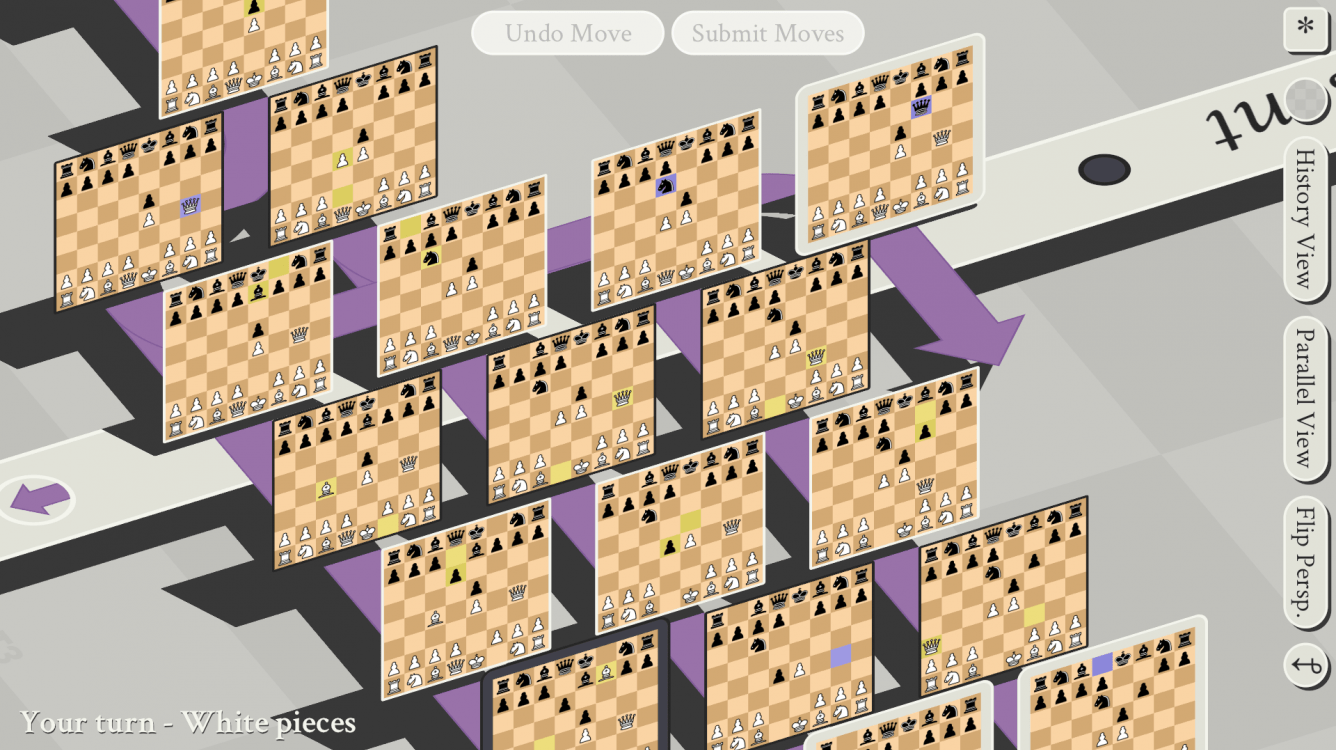Whose Afraid of the Big Bad Wolfe?
Gene Wolfe was a literary genius. The opening paragraph of his book 'The Fifth Head Of Cerberus' offers us a tiny glimpse of why
Disclaimer: Look, trying to ‘dissect’ a single paragraph from a well-written book is a mug’s game. I’m doomed to fail here because even merely okay-ish writing works somewhere in the dynamics of how words, sentences, and paragraphs play and interact with each other over long stretches. You change a thing when you take a scalpel/microscope to it.
This is even more dicey when attempting it for a writer like the late Gene Wolfe, arguably America’s superlative writer of what we call sci-fi/fantasy. (If you disagree with that claim, your argument isn’t with me, its with people like Ursula K. Le Guin, China Mieville, George R.R. Martin, and quite a few other heavies in the field. All of whom praised Wolfe on terms so casually effusive they aren’t trying to ‘make a case for him’ as much as they are reminding us of what is, for them, akin to a foregone conclusion. “The surface of the sun is hot, and Gene Wolfe is a literary genius” are synonymous claims amongst his literary peers.
So let’s take the tiniest gander at what that genius looks like on the page, by considering the paragraph that opens Wolfe’s second book, and his first truly great one: The Fifth Head Of Cerberus. Anyone who writes fiction at all, or who wants to can, I think, find something useful from this paragraph. So indulge this fool’s errand, if you wish.
The Fifth Head of Cerberus (opening Paragraph)
When I was a boy my brother David and I had to go to bed early whether we were sleepy or not. In summer particularly, bedtime often came before sunset; and because our dormitory was in the east wing of the house, with a broad window facing the central courtyard and thus looking west, the hard, pinkish light sometimes streamed in for hours while we lay staring out at my father’s crippled monkey perched on a flaking parapet, or telling stories, one bed to another, with soundless gestures.
This could be a paragraph in almost any 20th century work of fiction, regardless of style or genre. Wolfe opens the book with a concrete recollection of childhood. We’re in a house with a boy, who presumably is narrating from an older age. He has a brother named David. We don’t know the narrators name yet, but we can infer he grew up in an upper class-ish background (the house has not just rooms but wings and a courtyard), and that there was some regimentation in his boyhood. The reasons for the regimentation are unimportant now, and come later. We’re grounded in a narrator’s spatial description that is concrete (the orientation of the house) and sensory (the light that streams in for hours before bedtime). Maybe more important, we’re offered some immediate insight into the boy’s socio-economic background.
What’s noticeable here is not what’s present but what’s missing. There are no obvious genre trappings in this opening paragraph, at all. There is nothing speculative, or even particularly fanciful happening here. Aside from the pet monkey, which is odd but not fantastically so. And given the privileged background the narrator alludes to growing up in, it could just be an eccentricity of wealth (rich people keep exotic pets at times). Animals go on to take, depending on how you read this book, a deeper and potentially ominous meaning as the story progresses… or perhaps no deeper meaning at all.
Regardless of which ‘path’ you take reading The Fifth Head of Cerberus (there are many valid readings to chose from in this book) Wolfe, from the very start, is already putting bread crumbs in place that you can pick up and interrogate later, or simply ignore to focus on other things. Still, the monkey itself is a bit…uncanny. Something odd in an otherwise very conventional description of a boyhood home. Wolfe grasps that weird details feel all the weirder when they are grounded amidst the mundane and the conventional. This feels like our reality or close to it. And just like our reality, there are bits of it we are never privy to. The soundless gestures the brothers use to share their stories, which closes the paragraph, are never elaborated upon or explained subsequently. They hint at a private life that the reader never gets access to. For Wolfe, ‘showing vs. telling’ is often a false binary. These little opacities feel ‘realer’ than any explanation of them would.




This was my first Wolfe and it blew my mind.
I have also waxed lyrical about him on this platform:
https://newmythologies.substack.com/p/great-uncle-gene